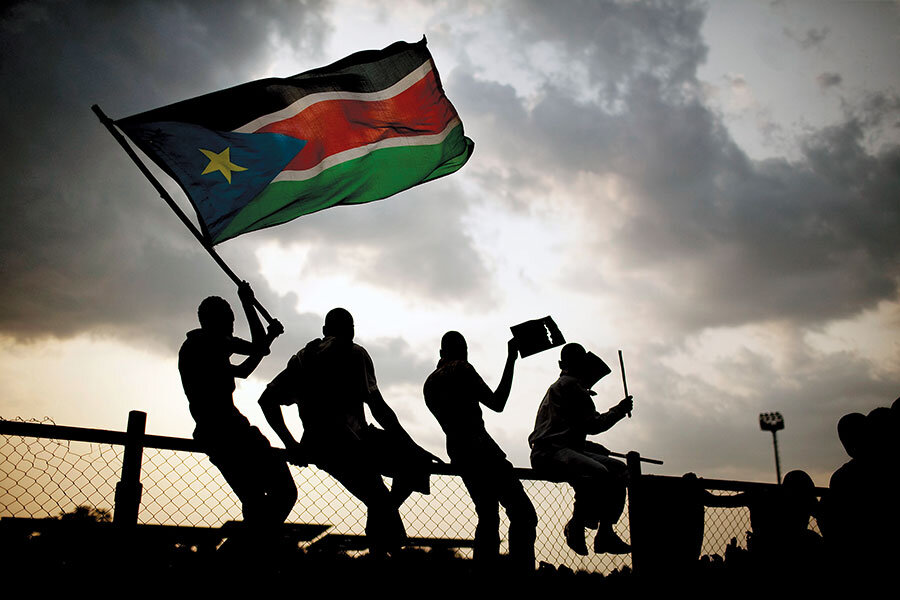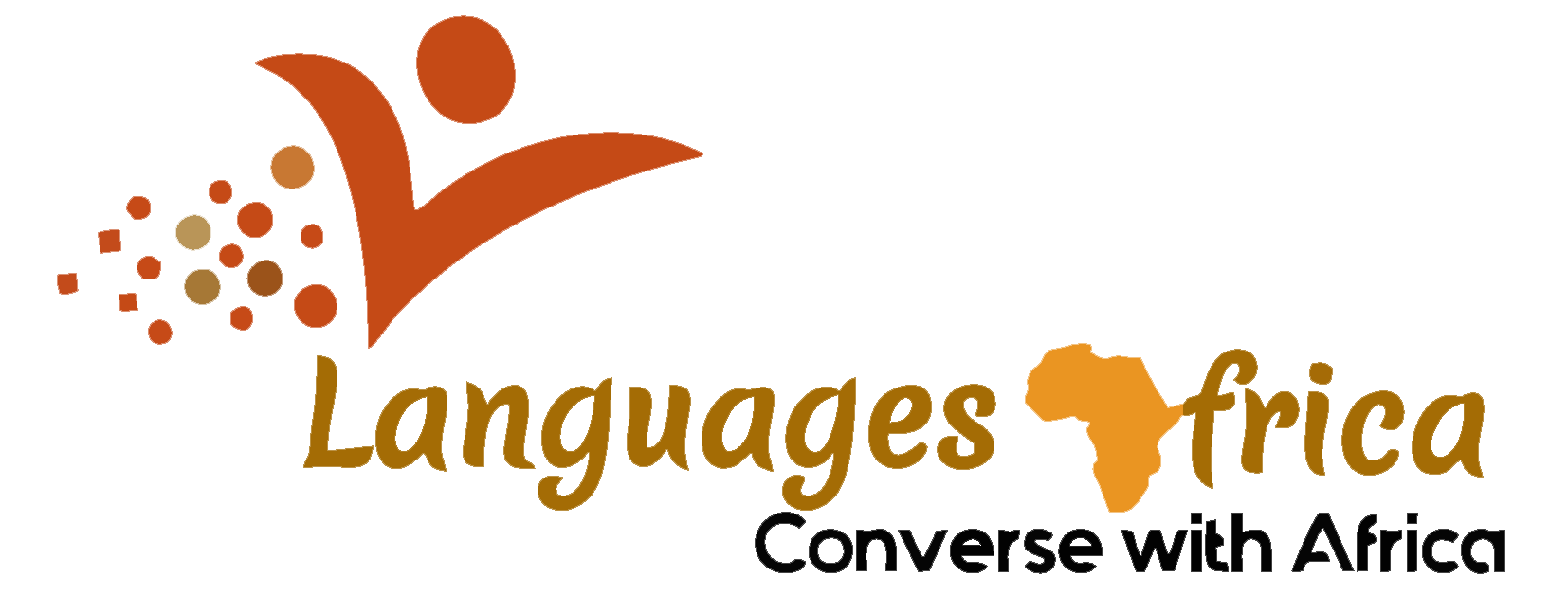Email Address
Info@themis.com
Phone Number
Fax: 001 (407) 901-6400


A Photo of The Dinka People
There are several ways in which interpretation and translation can facilitate communication between Dinka speakers and the rest of the world. One way is through the use of interpretation and translation services, which are offered by professionals who are trained to accurately convey the meaning of spoken and written words from one language to another.
Dinka is a Nilotic language spoken by the Dinka people of South Sudan and Sudan. It is the mother tongue of approximately 4 million people and is spoken by members of the Dinka ethnic group, which is the largest in South Sudan. Despite its widespread use, Dinka is not a widely spoken language globally, which can make it challenging for speakers of Dinka to communicate with those who do not speak the language. This is where interpretation and translation by Languages Africa come in.
Interpretation is the process of converting spoken words from one language into another in real-time, while translation is the process of converting written words from one language into another. Both interpretation and translation play a crucial role in bridging the communication gap between Dinka speakers and those who do not speak the language. At Languages Africa we have Professional native Dinka interpreters and translators, who will help you to translate your work from Dinka to any language.
There are several ways in which interpretation and translation can facilitate communication between Dinka speakers and the rest of the world. One way is through the use of interpretation and translation services, which are offered by professionals who are trained to accurately convey the meaning of spoken and written words from one language to another. These services are particularly useful in settings such as business meetings, conferences, and other situations where individuals with different language backgrounds need to communicate effectively. We also offer simultaneous remote translations through our call centers.
Another way in which interpretation and translation can facilitate communication between Dinka speakers and the rest of the world is through the use of translation call centers such as the ones used by languages Africa. These tools allows translators to translate spoken words from one language to another in real-time, making it easier for Dinka speakers to communicate with those who do not speak the language.
In addition to facilitating communication, interpretation and translation can also help to preserve the Dinka language and culture. As more and more Dinka speakers interact with individuals from different language backgrounds, there is a risk that the Dinka language could become diluted or lost. By providing accurate interpretation and translation services, linguists and translators can help to ensure that the Dinka language and culture are preserved for future generations.
Conclusion
Interpretation and translation play a crucial role in facilitating communication between Dinka speakers and the rest of the world. By providing accurate interpretation and translation services, linguists and translators can help to bridge the communication gap and ensure that the Dinka language and culture are preserved for future generations.
Many of the calls that our Dinka interpreters face, place them right at the centre of difficult situations thousands of miles away from East Africa where we are physically located in 5 of our Satellite Interpreter Call Centres all over Africa.


OFFICES IN: ZANZIBAR, KENYA, UGANDA, USA & RWANDA
US OFFICE: 6475 New Hampshire Ave #4, Hyattsville, MD 20783, USA
DIRECT LINE: (+254) 725 084 032 | (+1) 567-654-3914
msonobari@gmail.com | info@languagesafrica.com
LANGUAGES AFRICA HEADQUARTER OFFICES: Off Namanga Road, Nairobi, Kenya.
Helping the world converse with Africa!